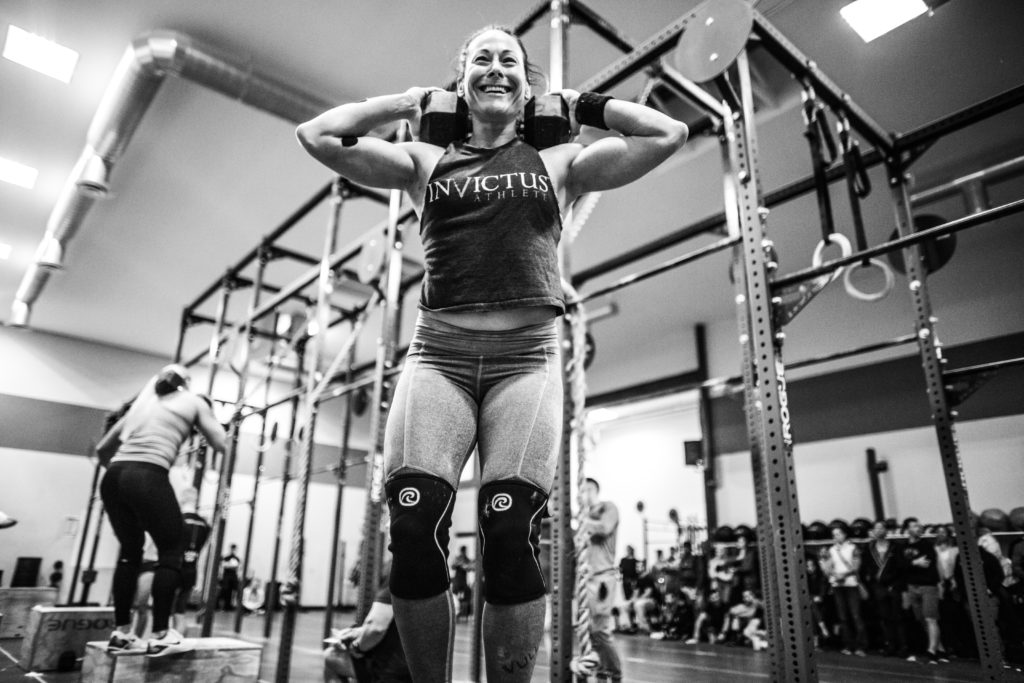
Why is Hydration so Important?
Written by Jenn Ryan
Fluid balance can drastically affect your mood, energy, cognitive function, and many other processes in the body. On the flip side, you don’t need to over-hydrate either, but drinking when thirsty is generally a good cue to go by.
Water regulates your body temperature and lubricates your joints. If not hydrating properly, you might feel sluggish, have muscle cramps, or light headed.
Setting Your Hydration Goal
A standard way to get your total daily hydration goal is to drink ½ bodyweight (lbs) in ounces. If you exercise, add 15 ounces for every hour of exercise you’re doing. Calculate your daily minimum intake, and aim to hit that as a minimum.
Example: for a 200lb person who works out 1 hour per day, the minimum would be 115 ounces daily.
Implementing Your Hydration Goals
Carry around a refillable water bottle with you throughout your day. If the bottle tells you how many ounces it is, this makes it super easy to track how much you’re drinking – just add up the number of times you refill it.
Bored with plain water? Try adding lemon, lime, or cucumber to your water for a change of flavor. And no, you do not need to calculate the ‘macros’ in the added ‘flavoring’.
Drink a large glass of water as soon as you wake up. Coffee and tea can count towards your fluid intake, so long as it’s not the majority of it. I give myself a rule: for every cup of coffee or tea I drink, I must also have a glass of water the same size.
Monitoring Your Hydration
Check your urine color – the old tried and true method. Urine should be a light yellow color to indicate proper hydration. Doesn’t need to be clear. If it’s dark yellow, you’ll know to increase your fluid intake.
Looking for more guidance with your nutrition? Join the the Invictus Nutrition Program online where you will have your own coach plus a community of support!
